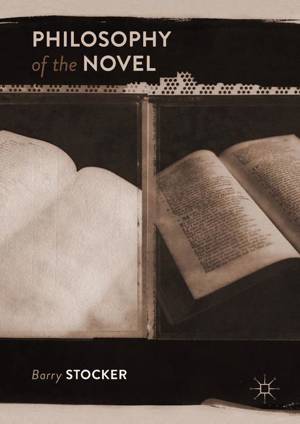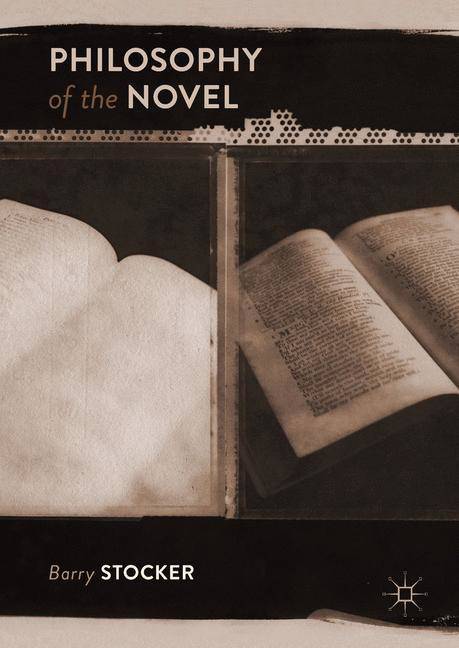
- Retrait gratuit dans votre magasin Club
- 7.000.000 titres dans notre catalogue
- Payer en toute sécurité
- Toujours un magasin près de chez vous
- Retrait gratuit dans votre magasin Club
- 7.000.0000 titres dans notre catalogue
- Payer en toute sécurité
- Toujours un magasin près de chez vous
Description
This book explores the aesthetics of the novel from the perspective of Continental European philosophy, presenting a theory on the philosophical definition and importance of the novel as a literary genre. It analyses a variety of individuals whose work is reflected in both theoretical literary criticism and Continental European aesthetics, including Mikhail Bakhtin, Georg Lukács, Theodor Adorno, and Walter Benjamin. Moving through material from eighteenth century and ancient Greek philosophy and aesthetics, the book provides comprehensive coverage of the major positions on the philosophy of the novel. Distinctive features include the importance of Vico's view of the epic to understanding the novel, the importance of Kierkegaard's view of the novel and irony along with his other aesthetic views, the different possibilities associated with seeing the novel as 'mimetic' and the importance of Proust in understanding the genre in all its philosophical aspects, relating the issue of the philosophical aesthetics of the novel with the issue of philosophy written as a novel and the interaction between these two alternative positions.
Spécifications
Parties prenantes
- Auteur(s) :
- Editeur:
Contenu
- Nombre de pages :
- 321
- Langue:
- Anglais
Caractéristiques
- EAN:
- 9783030404826
- Date de parution :
- 04-12-19
- Format:
- Livre broché
- Format numérique:
- Trade paperback (VS)
- Dimensions :
- 148 mm x 210 mm
- Poids :
- 394 g

Les avis
Nous publions uniquement les avis qui respectent les conditions requises. Consultez nos conditions pour les avis.






